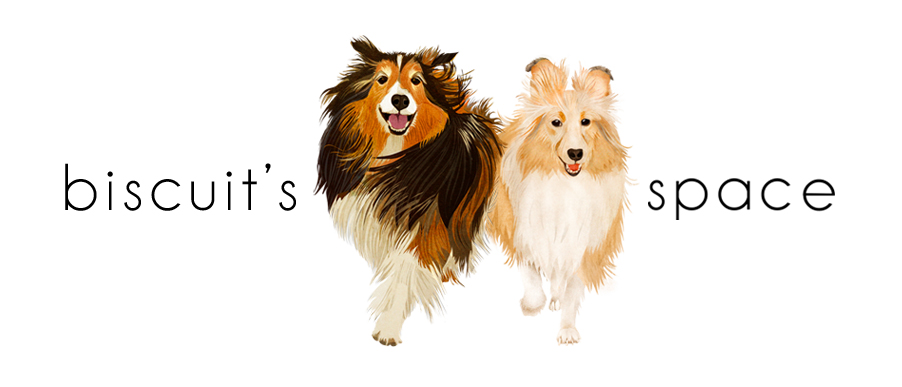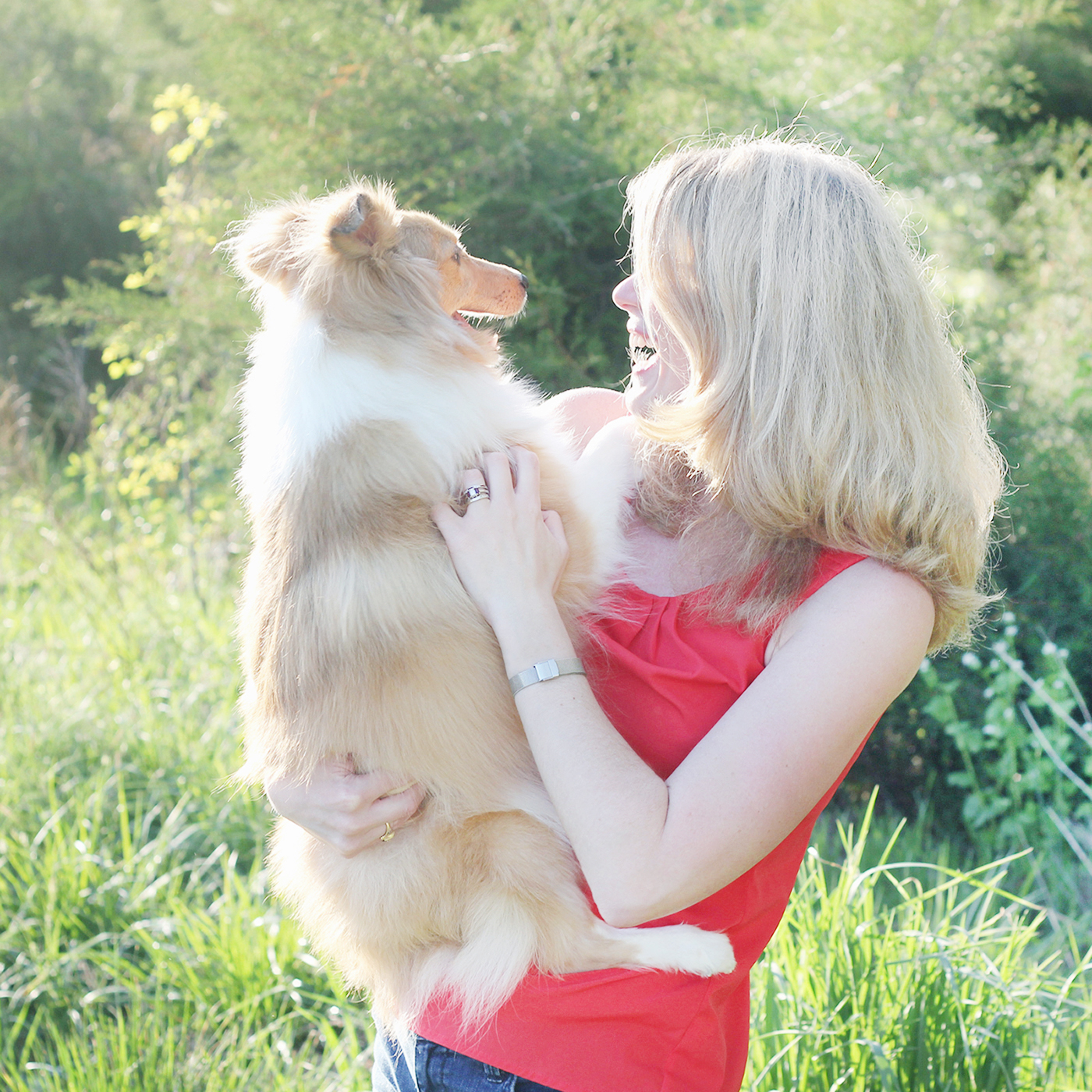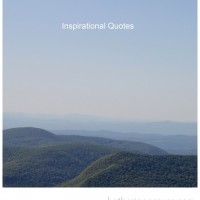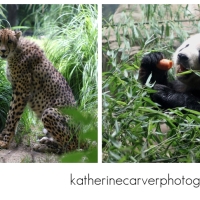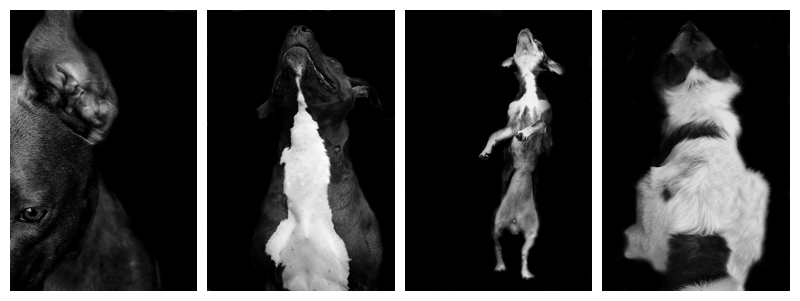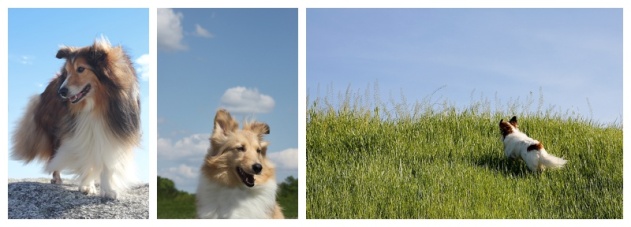A Dying Mother’s Letter to Her Daughters

What would you tell your young children if you knew you were dying? What would you want them to know? For Julie Yip-Williams, the answer is funny, tender, and astonishing…it brought tears to my eyes.
Julie was born blind in Vietnam. She narrowly escaped euthanasia at the hands of her grandmother, fled political upheaval with her family to Hong Kong, and then came to America, where a surgeon gave her partial sight. Working to create a happy ending, she became a Harvard-educated lawyer, married a wonderful man and had two little girls. Then, at age 37, she was diagnosed with terminal metastatic colon cancer. In her memoir, The Unwinding of the Miracle, Julie tells the incredible story of her life, and writes this final letter to her two beloved daughters.
Dear Mia and Isabelle,
I have solved all the logistical problems resulting from my death that I can think of — I am hiring a very reasonably priced cook for you and Daddy; I have left a list of instructions about who your dentist is and when your school tuition needs to be paid and when to renew the violin rental contract and the identity of the piano tuner. In the coming days, I will make videos about all the ins and outs of the apartment, so that everyone knows where the air filters are and what kind of dog food Chipper eats. But I realized that these things are the low-hanging fruit, the easy-to-solve but relatively unimportant problems of the oh so mundane.
I realized that I would have failed you greatly as your mother if I did not try to ease your pain from my loss, if I didn’t at least attempt to address what will likely be the greatest question of your young lives. You will forever be the kids whose mother died of cancer, have people looking at you with some combination of sympathy and pity (which you will no doubt resent, even if everyone means well). That fact of your mother dying will weave into the fabric of your lives like a glaring stain on an otherwise pristine tableau. You will ask as you look around at all the other people who still have their parents, Why did my mother have to get sick and die? It isn’t fair, you will cry. And you will want so painfully for me to be there to hug you when your friend is mean to you, to look on as your ears are being pierced, to sit in the front row clapping loudly at your music recitals, to be that annoying parent insisting on another photo with the college graduate, to help you get dressed on your wedding day, to take your newborn babe from your arms so you can sleep. And every time you yearn for me, it will hurt all over again and you will wonder why.
I don’t know if my words could ever ease your pain. But I would be remiss if I did not try.
My seventh-grade history teacher, Mrs. Olson, a batty eccentric but a phenomenal teacher, used to rebut our teenage protestations of “That’s not fair!” (for example, when she sprang a pop quiz on us or when we played what was called the “Unfair” trivia game) with “Life is not fair. Get used to it!” Somehow, we grow up thinking that there should be fairness, that people should be treated fairly, that there should be equality of treatment as well as opportunity. That expectation must be derived from growing up in a rich country where the rule of law is so firmly entrenched. Even at the tender age of five, both of you were screaming about fairness as if it were some fundamental right (as in it wasn’t fair that Belle got to go to see a movie when Mia did not). So perhaps those expectations of fairness and equity are also hardwired into the human psyche and our moral compass. I’m not sure.
What I do know for sure is that Mrs. Olson was right. Life is not fair. You would be foolish to expect fairness, at least when it comes to matters of life and death, matters outside the scope of the law, matters that cannot be engineered or manipulated by human effort, matters that are distinctly the domain of God or luck or fate or some other unknowable, incomprehensible force.
Although I did not grow up motherless, I suffered in a different way and understood at an age younger than yours that life is not fair. I looked at all the other kids who could drive and play tennis and who didn’t have to use a magnifying glass to read, and it pained me in a way that maybe you can understand now. People looked at me with pity, too, which I loathed. I was denied opportunities, too; I was always the scorekeeper and never played in the games during PE. My mother didn’t think it worthwhile to have me study Chinese after English school, as my siblings did, because she assumed I wouldn’t be able to see the characters. (Of course, later on, I would study Chinese throughout college and study abroad and my Chinese would surpass my siblings’.) For a child, there is nothing worse than being different, in that negative, pitiful way. I was sad a lot. I cried in my lonely anger. Like you, I had my own loss, the loss of vision, which involved the loss of so much more. I grieved. I asked why. I hated the unfairness of it all.
My sweet babies, I do not have the answer to the question of why, at least not now and not in this life. But I do know that there is incredible value in pain and suffering, if you allow yourself to experience it, to cry, to feel sorrow and grief, to hurt. Walk through the fire and you will emerge on the other end, whole and stronger. I promise. You will ultimately find truth and beauty and wisdom and peace. You will understand that nothing lasts forever, not pain, or joy. You will understand that joy cannot exist without sadness. Relief cannot exist without pain. Compassion cannot exist without cruelty. Courage cannot exist without fear. Hope cannot exist without despair. Wisdom cannot exist without suffering. Gratitude cannot exist without deprivation. Paradoxes abound in this life. Living is an exercise in navigating within them.
I was deprived of sight. And yet, that single unfortunate physical condition changed me for the better. Instead of leaving me wallowing in self-pity, it made me more ambitious. It made me more resourceful. It made me smarter. It taught me to ask for help, to not be ashamed of my physical shortcoming. It forced me to be honest with myself and my limitations, and eventually to be honest with others. It taught me strength and resilience.
You will be deprived of a mother. As your mother, I wish I could protect you from the pain. But also as your mother, I want you to feel the pain, to live it, embrace it, and then learn from it. Be stronger people because of it, for you will know that you carry my strength within you. Be more compassionate people because of it; empathize with those who suffer in their own ways. Rejoice in life and all its beauty because of it; live with special zest and zeal for me. Be grateful in a way that only someone who lost her mother so early can, in your understanding of the precariousness and preciousness of life. This is my challenge to you, my sweet girls, to take an ugly tragedy and transform it into a source of beauty, love, strength, courage, and wisdom.
Many may disagree, but I have always believed, always, even when I was a precocious little girl crying alone in my bed, that our purpose in this life is to experience everything we possibly can, to understand as much of the human condition as we can squeeze into one lifetime, however long or short that may be. We are here to feel the complex range of emotions that come with being human. And from those experiences, our souls expand and grow and learn and change, and we understand a little more about what it really means to be human. I call it the evolution of the soul. Know that your mother lived an incredible life that was filled with more than her “fair” share of pain and suffering, first with her blindness and then with cancer. And I allowed that pain and suffering to define me, to change me, but for the better.
In the years since my diagnosis, I have known love and compassion that I never knew possible; I have witnessed and experienced for myself the deepest levels of human caring, which humbled me to my core and compelled me to be a better person. I have known a mortal fear that was crushing, and yet I overcame that fear and found courage. The lessons that blindness and then cancer have taught me are too many for me to recount here, but I hope, when you read what follows, you will understand how it is possible to be changed in a positive way by tragedy and you will learn the true value of suffering. The worth of a person’s life lies not in the number of years lived; rather it rests on how well that person has absorbed the lessons of that life, how well that person has come to understand and distill the multiple, messy aspects of the human experience. While I would have chosen to stay with you for much longer had the choice been mine, if you can learn from my death, if you accepted my challenge to be better people because of my death, then that would bring my spirit inordinate joy and peace.
You will feel alone and lonely, and yet, understand that you are not alone. It is true that we walk this life alone, because we feel what we feel singularly and each of us makes our own choices. But it is possible to reach out and find those like you, and in so doing you will feel not so lonely. This is another one of life’s paradoxes that you will learn to navigate. First and foremost, you have each other to lean on. You are sisters, and that gives you a bond of blood and common experiences that is like no other. Find solace in one another. Always forgive and love one another. Then there’s Daddy. Then there are Titi and Uncle Mau and Aunt Nancy and Aunt Caroline and Aunt Sue and so many dear friends, all of whom knew and loved me so well — who think of you and pray for you and worry about you. All of these people’s loving energy surrounds you so that you will not feel so alone.
And last, wherever I may go, a part of me will always be with you. My blood flows within you. You have inherited the best parts of me. Even though I won’t physically be here, I will be watching over you.
Sometimes, when you practice your instruments, I close my eyes so I can hear better. And when I do, I am often overcome with this absolute knowing that whenever you play the violin or the piano, when you play it with passion and commitment, the music with its special power will beckon me and I will be there. I will be sitting right there, pushing you to do it again and again and again, to count, to adjust your elbow, to sit properly. And then I will hug you and tell you how you did a great job and how very proud I am of you. I promise. Even long after you have chosen to stop playing, I will still come to you in those extraordinary and ordinary moments in life when you live with a complete passion and commitment. It might be while you’re standing atop a mountain, marveling at exceptional beauty and filled with pride in your ability to reach the summit, or when you hold your baby in your arms for the first time or when you are crying because someone or something has broken your tender heart or maybe when you’re miserably pulling an all-nighter for school or work. Know that your mother once felt as you feel and that I am there hugging you and urging you on. I promise.
I have often dreamed that when I die, I will finally know what it would be like to see the world without visual impairment, to see far into the distance, to see the minute details of a bird, to drive a car. Oh, how I long to have perfect vision, even after all these years without. I long for death to make me whole, to give me what was denied me in this life. I believe this dream will come true. Similarly, when your time comes, I will be there waiting for you, so that you, too, will be given what was lost to you. I promise. But in the meantime, live, my darling babies. Live a life worth living. Live thoroughly and completely, thoughtfully, gratefully, courageously, and wisely. Live!
I love you both forever and ever, to infinity, through space and time. Never ever forget that.
Mommy
